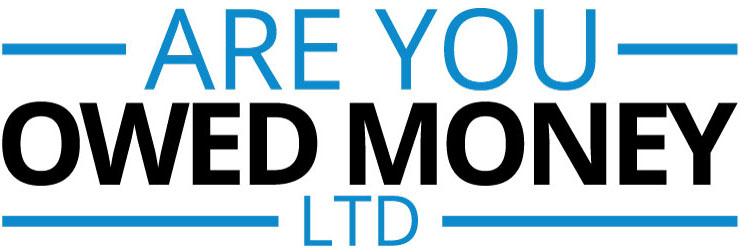During lockdown amidst the pandemic, the government made many changes. One relevant to landlords was to commercial rent arrears recovery (CRAR).
AYOM has been working with commercial landlords throughout COVID-19. With the government now taking a stance of learning to 'live with' COVID-19, an updated bill has been passed. With commercial landlords a key part of AYOM's client base, we wanted to keep landlords up to date and informed.

What is CRAR?
The CRAR procedure dictates how landlords can recover rent arrears for commercial property. CRAR allows landlords to take control of goods and sell them to recover rent arrears. The bill provides vital help to commercial landlords.
CRAR requires landlords provide a 7-day window notice of enforcement. Upon the 7 days expiring, enforcement agents can enter through an open or unlocked door. From here they can seize goods. CRAR cannot be modified but can prove helpful against troublesome tenants.
Limitations of CRAR include:
- A premises must be wholly commercial to apply.
- Principal rent is the only recoverable cost. Additional costs including service charges or insurance premiums cannot be used to form the required amount.
- CRAR can only be carried out by Certified Enforcement Agents (not other types of bailiffs).
What are requirements of CRAR?
Landlords can utilise CRAR when tenants are still in situ at a premises. There must also be a lease in writing to allow CRAR. There must be a minimum of 7 days outstanding rent before a landlord can act. After this there then must be a clear 7-day notice before goods are taken. If a tenant is at risk of becoming insolvent, a landlord can apply for a reduced notice period.
Other requirements include:
- Details relating to the outstanding rent must be included in the notice served on the tenant.
- There is a 12-month time limit for seizing goods after the notice is served.
- Only certain types of goods can be seized (and an inventory must be drawn up).
- Seized goods must be valued and not sold for a minimum of 7 days.
What happened during lockdown?
In 2020, the Coronavirus Act gave extra protection to tenants. It provided an extended period of 3 months before action could be taken. With many businesses forced to close, and revenue lost, it prevented businesses quickly falling foul of CRAR. It aimed to encourage different resolutions than enforcement. An arbitration process has been suggested, hoping landlord and tenants can negotiate. The goal of this process was to keep businesses afloat and help landlords recover money they were owed.
The act primarily focussed on businesses suffering the effects of COVID-19 on trading. It provided a safety net for those who suffered financially or were forced to close. Known as “protected rent debt”, businesses that were affected by COVID-19 were entitled to leniency.

Restrictions now lifted
In March 2022, the Commercial Rent (Coronavirus) Act 2022 was signed into law and the protections were lifted. While an arbitration period is still in place, tenants looking to arbitrate have until September to do raise a claim (up-to 6 months after the law came into effect). After this timeframe, CRAR is scheduled to return to normal.
As of March 2022 normal CRAR procedures apply. This is expressly important for landlords whose tenants were not impacted by COVID-19. The ringfenced period which this process relates to has ended. For landlords who have recently had unpaid commercial rent arrears, you can enter CRAR right away. You have the option of employing certified collection agents now.
Are You Owed Money handle commercial rent collection on a daily basis. We have remained on top of best practices and legislation before, during and post covid. We do so to provide the best chance possible of securing repayment.
If you are a commercial landlord and want advice on collecting outstanding rent, contact AYOM's team. We can help clarify if your commercial rent arrears fall within CRAR and affected by updates to the bill. To find out, call 0800 130 3357 or email enquiries@ayom.co.uk to speak to a team member.
